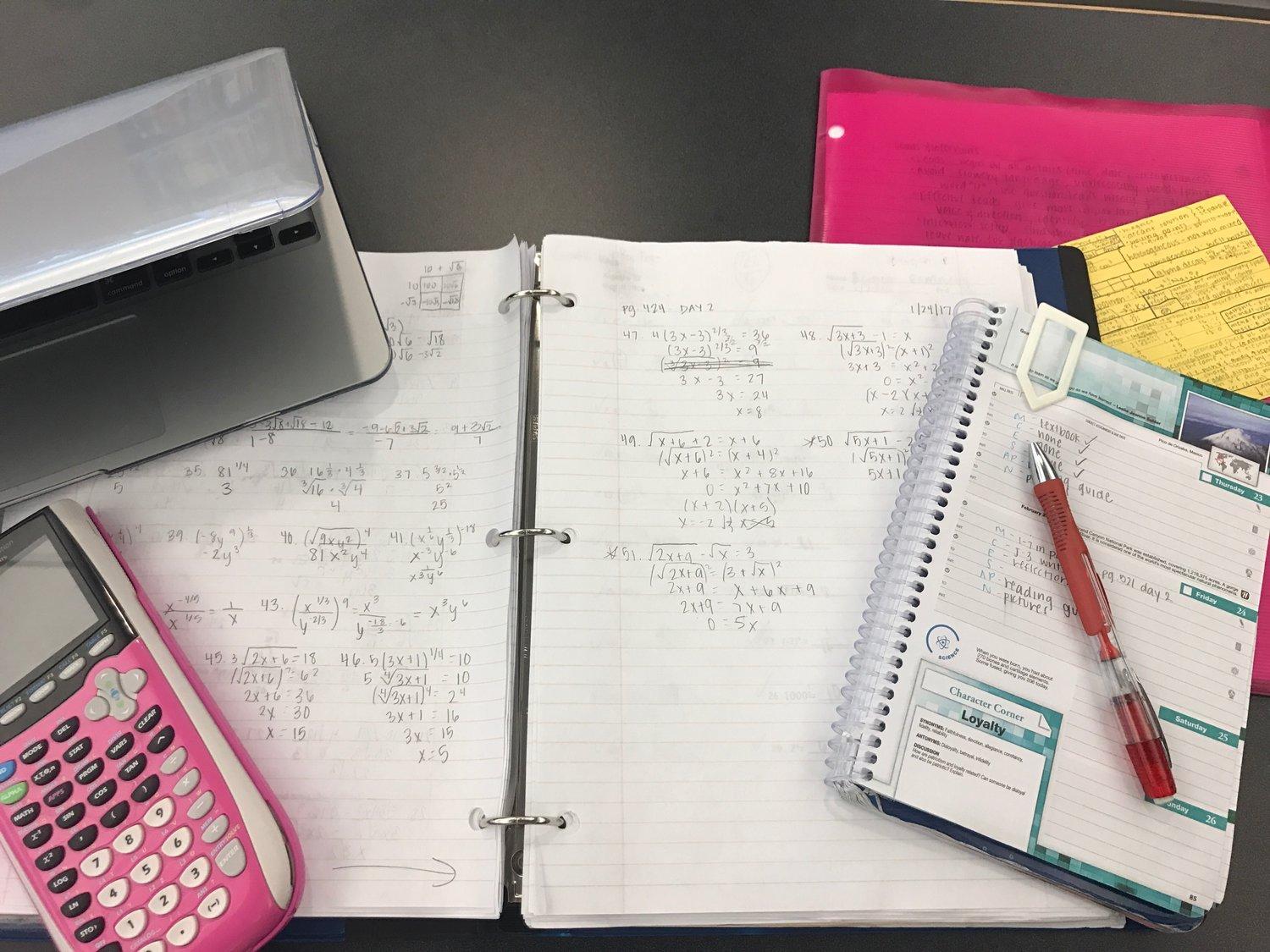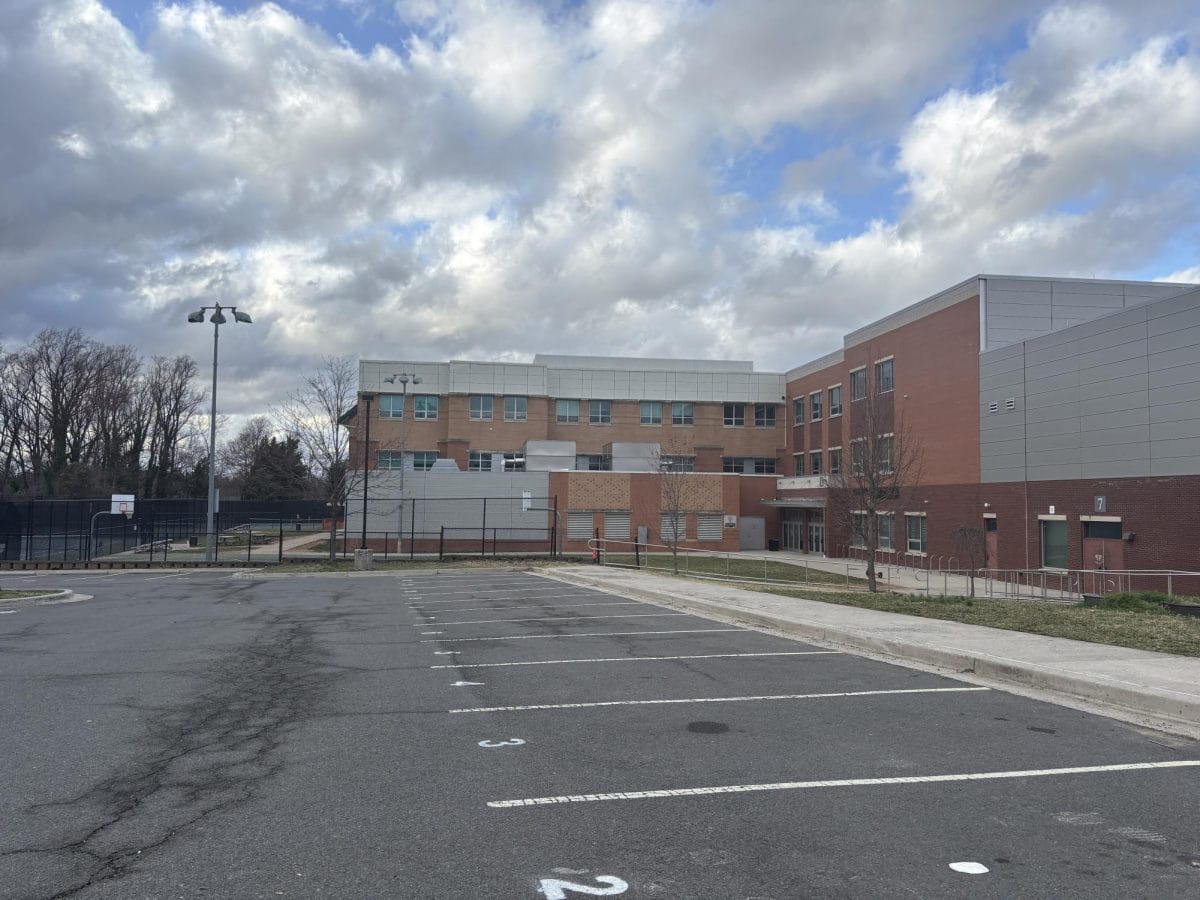A common expression exists among all students who have yet to attend college but have graduated elementary school: “I don’t know how to pay my taxes, but I know that the mitochondria is the powerhouse of the cell.” This statement is true for many students who have not yet taken an economics and personal finance class, but it is often used to imply that the subjects that students learn will not help them in any way when they are living as an adult. While a basic understanding of all core subjects (Math, English, History, Science, etc.) is important to be a functioning member of society, learning how to, say, safely invest in a business is more likely to pop up in an adult’s life than having to remember who the Vice President of the United States was in 1804 (it was Aaron Burr, for future reference). So, what things do students think they should be learning–and what things do teachers think they should be teaching?
“I believe that one of the most important classes all students should take is the Personal Finance and Economics Class. The skills students learn in this course are applicable to all students regardless of what career path they choose. Having a clear understanding and handle on the basic tools required to prepare them for their financial future is essential to preparing them to start early in preparing for their eventual retirement. What students have that adults don’t have is 40-50 years of compound interest which should result in a significant pot of money for retirement,” Economics and AP Human Geography teacher Donald Bierschbach said.
While a knowledge of economics and personal finance is crucial to living life as an adult, it is not the only class students need to take in order to succeed in life.
“To graduate with an advanced studies diploma in Virginia, high school students are required to take four years of English, Science, History, and Math classes. The science courses must cover three different science disciplines and the history courses must include a US/VA history course and US/VA government course. Students must also take three years of one language or two years of two languages, two years of health and physical education classes, one year of economics, one year of fine arts, and three years of electives,” senior Patrick Salsburg said.
Even though a class might seem pointless to a student while they take it, classes also are designed to teach life skills, such as communication and working in groups, along with the material of the course.
“In my life, I will most likely use things I learned from all of my classes, whether the classes are directly related to my field of work or not. I will use the life skills I learned in classes that aren’t directly related to my field of work, but not necessarily the content of those classes,” Salsburg said.
Speaking of skills, employers often look not only for college degrees but for any skills that the applicant has. One such skill that is becoming increasingly important to employers is knowledge of foreign languages.
“I think Arlington should start teaching students their second and third languages in second and fifth grade, respectively, like most European nations currently do. The easiest way for people to become fluent in more than one language is to start them at a very young age, which Arlington currently fails at doing,” Salsburg said.
Currently, Arlington County starts to offer language classes at some elementary schools and all middle schools. If all elementary schools in Arlington decide to offer language classes in the near future, they should create a curriculum that is different from the ones offered at middle schools.
“All students in elementary school should be subjected to the same foundations of an education. At a young age, the fundamentals of education should be the same for all students,” Salsburg said.
Recently elected President Donald Trump’s Secretary of Education, Betsy DeVos, has received great criticism for her plans for the public school systems of America.
“I do not expect Betsy DeVos to make any changes to the list of available classes at Yorktown. Her goal over the next four years as Secretary of Education under President Trump will be to cut funding for public education, which — if ‘successful’ — will cause the school system to change the list of classes offered,” Salsburg said.
In order to truly engage a student in their learning, public schools should still cover a wide array of subjects, but put slightly more emphasis on classes that will give a student the skills needed to succeed in jobs that need filing when they become adults. Schools should also make sure that students understand why they are learning what they are learning, so they have a better understanding of what job they want and what classes they need to take to get it.





































